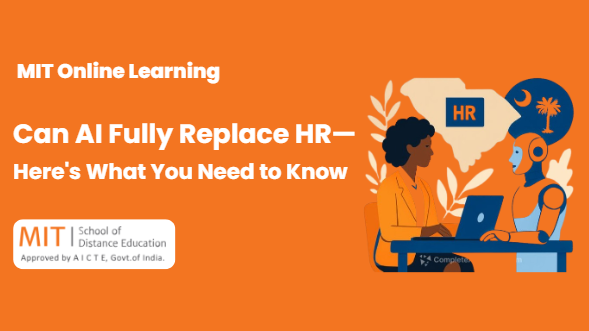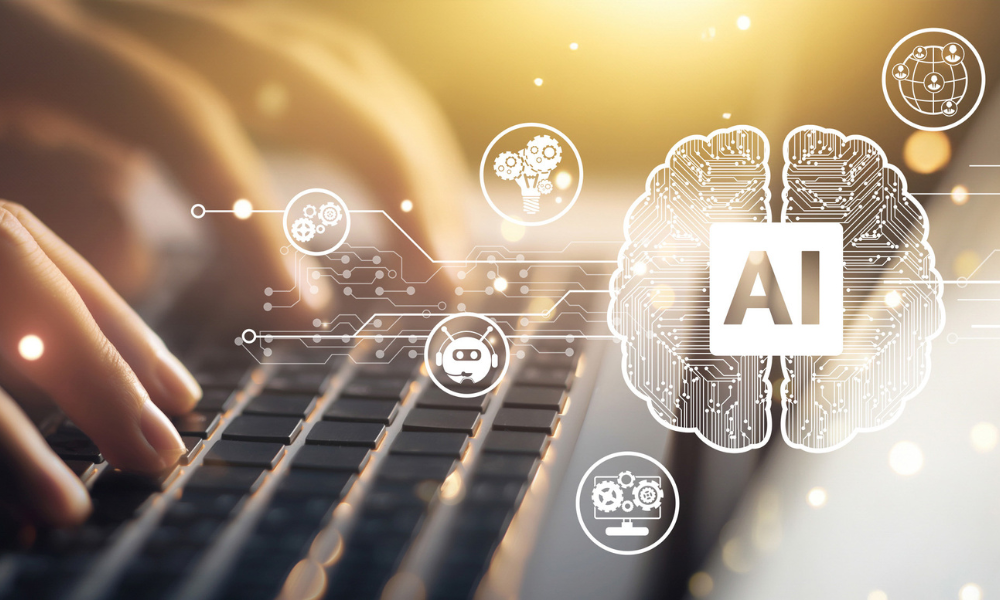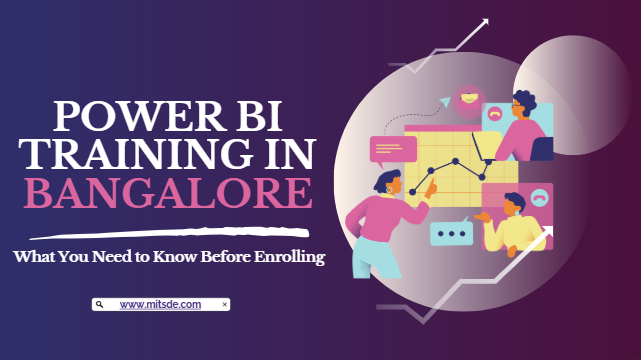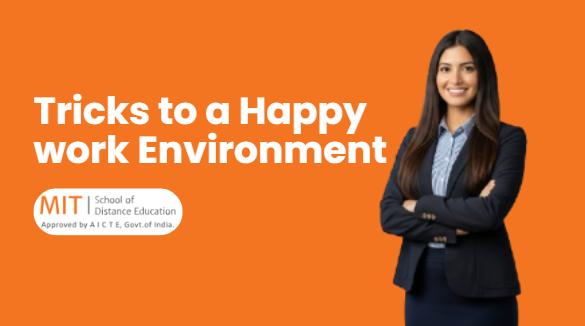
The rise of Artificial Intelligence (AI) has revolutionized industries worldwide. From automating customer service to predicting market trends, AI is transforming how businesses operate. Human Resource Management (HRM) is no exception. With tools like AI-powered recruitment software, predictive analytics for employee retention, and virtual onboarding systems, many professionals are beginning to wonder—can AI fully replace HR?
The answer, however, isn’t as straightforward as one might think. While AI in human resource management is shaping a more efficient future, HR is more than just processes and systems—it’s about people, empathy, and building workplace culture. Let’s explore the role of AI HR, its impact, and why human expertise will remain irreplaceable.
Understanding AI in HRM
AI in HRM refers to the application of artificial intelligence tools and algorithms to streamline HR functions such as recruitment, onboarding, performance management, and employee engagement. With talent acquisition AI, recruiters can automatically screen resumes, shortlist candidates, and even conduct initial interviews using chatbots.
Some of the most common uses of AI in human resource management include:
- Recruitment & Talent Acquisition – AI scans thousands of resumes in seconds, matching candidates to job descriptions with remarkable accuracy.
- Employee Engagement – AI chatbots provide instant answers to HR-related queries, reducing workload for HR teams.
- Predictive Analytics – AI predicts employee turnover, helping HR managers take proactive measures.
- Learning & Development – Personalized training programs can be recommended using AI-driven insights.
Benefits of AI in HR
Adopting AI HR tools can lead to several advantages for businesses, such as:
- Efficiency in Hiring
With talent acquisition AI, HR departments can quickly identify the right candidates, saving both time and effort. - Enhanced Employee Experience
AI-driven systems provide round-the-clock support, ensuring employees’ HR queries are addressed instantly. - Data-Driven Decision Making
Through predictive models, HR professionals can anticipate workforce challenges and act strategically. - Bias Reduction
When designed carefully, AI can minimize unconscious human biases in recruitment and promotions. - Cost Savings
Automating routine HR tasks reduces the cost of operations while allowing professionals to focus on strategy.
Limitations of AI in HR
While AI is powerful, it is not without its limitations. Here’s why AI cannot fully replace HR:
- Lack of Emotional Intelligence
HR is not only about policies and recruitment—it involves dealing with human emotions, conflicts, and relationships. AI cannot replace empathy, compassion, and the human touch. - Ethical Concerns
AI systems rely on data. If the input data carries biases, the output will reflect the same. For example, AI HR systems may unintentionally discriminate based on gender or background. - Overdependence on Algorithms
Blindly trusting algorithms can lead to poor hiring decisions. AI may miss out on intangible qualities such as creativity, leadership, and adaptability. - Resistance to Change
Employees may feel alienated or uncomfortable interacting with chatbots or automated systems for sensitive issues. - Human Judgment Still Matters
HR leaders play a critical role in shaping company culture, designing strategies, and motivating teams—functions AI simply cannot perform.
Can AI Replace HR Completely?
The short answer is: No, AI cannot fully replace HR. Instead, it will complement HR functions, making them more effective.
Imagine a workplace where AI in HRM manages repetitive tasks—resume screening, leave approvals, attendance tracking—while human HR professionals handle strategic and emotional aspects like career development, dispute resolution, and leadership training.
This combination creates a hybrid model of HR, where AI acts as a powerful assistant, but human expertise remains at the core.
The Future of AI in HR
In the coming years, the collaboration between HR professionals and AI will only deepen. Some trends we can expect include:
- Hyper-Personalized Training – AI will design learning modules tailored to each employee’s skills and aspirations.
- Advanced Workforce Analytics – Predictive insights will guide organizations in workforce planning.
- Automated Performance Reviews – AI will track performance metrics, leaving HR leaders to focus on coaching and mentoring.
- Employee Wellness Tools – AI-driven apps will monitor stress levels, engagement, and overall well-being.
This future emphasizes that HR professionals who adapt to AI HR tools will thrive, while those who resist may find themselves left behind.
Upskilling with AI in HR Courses

With businesses increasingly adopting AI in human resource management, HR professionals need to upgrade their skills. Enrolling in AI in HR courses or advanced programs like PGDM HR courses can help future-proof careers. These programs combine traditional HR knowledge with modern tools like analytics, AI applications, and digital HR strategies.
For instance, a PGDM in Human Resource Management equips learners with a deep understanding of HR processes, while also integrating the latest AI-powered methods for talent acquisition, employee engagement, and performance management.
Why Human HR Will Always Be Irreplaceable
Even with the rise of AI, HR professionals remain essential for:
- Cultural Leadership – Building and maintaining organizational culture is a deeply human role.
- Conflict Resolution – Sensitive issues require empathy and personal judgment.
- Motivation & Mentorship – Employees look up to leaders for guidance, something AI cannot provide.
- Strategic HR Decisions – While AI provides data, humans must decide how to apply it effectively.
AI may enhance HR processes, but people will always need other people to lead, inspire, and guide them.
MITSDE: Preparing Future-Ready HR Leaders
If you are planning a career in HR, understanding AI is no longer optional—it’s essential. MITSDE (MIT School of Distance Education) offers a specialized PGDM in HR that prepares learners for the future of HRM.
Through a perfect blend of traditional HR concepts and modern practices like AI in HRM, talent acquisition AI, and predictive workforce analytics, MITSDE ensures that its learners are industry-ready. The curriculum emphasizes both people skills and digital skills, making graduates capable of thriving in the evolving HR landscape.
Whether you’re a fresher or a working professional, MITSDE’s PGDM HR courses and AI in HR course modules provide the right foundation to excel. With expert faculty, flexible online learning, and industry-relevant training, MITSDE equips you with the skills to stay ahead in the digital HR era.
Final Thoughts
AI is reshaping HR by automating tasks, improving efficiency, and offering data-driven insights. But the human side of HR—empathy, leadership, culture-building—cannot be replicated by machines. The future lies in collaboration, where AI HR tools and human professionals work hand in hand.
For those aspiring to build a successful career in this field, pursuing a PGDM in Human Resource Management is a smart step. With institutions like MITSDE leading the way in blending AI knowledge with HR expertise, the next generation of HR leaders will be both tech-savvy and people-centric.
👉 If you’re ready to shape the future of HR with a strong mix of technology and human skills, consider enrolling in MITSDE’s PGDM HR courses today!


